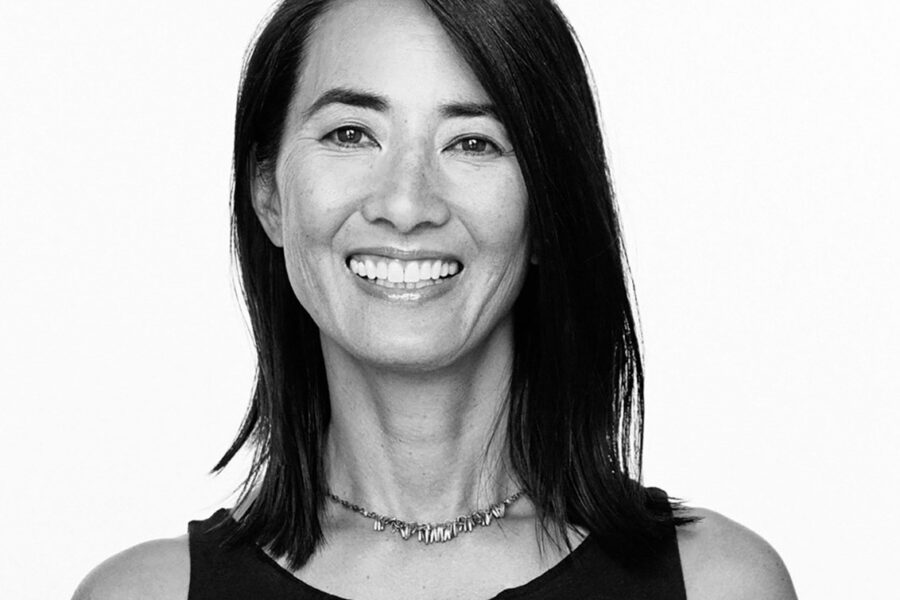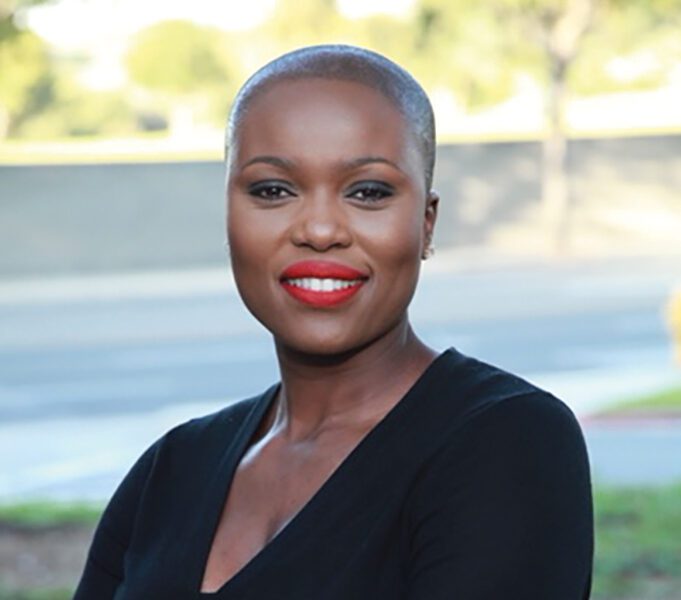
As the pandemic swept across the nation, upending lives and suspending in-person gatherings, the faculty at Antioch University New England’s PsyD in Clinical Psychology put out a call asking what their alumni were doing during the pandemic and also for words of wisdom and advice on getting through and doing the work of a psychologist at this time. These stories, consisting of shared words, photos, and videos, were published in May, June, and July, and they highlighted the vital roles these clinicians play in their communities. The series was titled Voices From AUNE PsyD Graduates in the Time of the Pandemic.
AUNE eventually published seventeen different voices, from a sports psychologist to the manager of a community mental health center, as well as many multi-role practitioners. Says Dr. Lorraine Mangione, Professor and Director of Practica, who created the series, “I wasn’t particularly surprised by the number of responses, but I was definitely delighted by the depth of the responses.” What unites these different stories is the degree to which the pandemic changed everything: where one worked (now from home), how one worked (largely through telehealth), and their communities’ needs (less training, more direct clinical care). The series also captured the great diversity of career paths taken by graduates of this program and the wisdom held by each.
Dr. Kathi A. Borden, Professor and Child and Family Consultant, who helped Mangione with the program, said that it “was particularly satisfying because we heard about the passion, commitment, flexibility, and resilience of our graduates. It is exciting to see how many have become respected community experts and leaders in their areas of focus.”
The Sport Psychologist
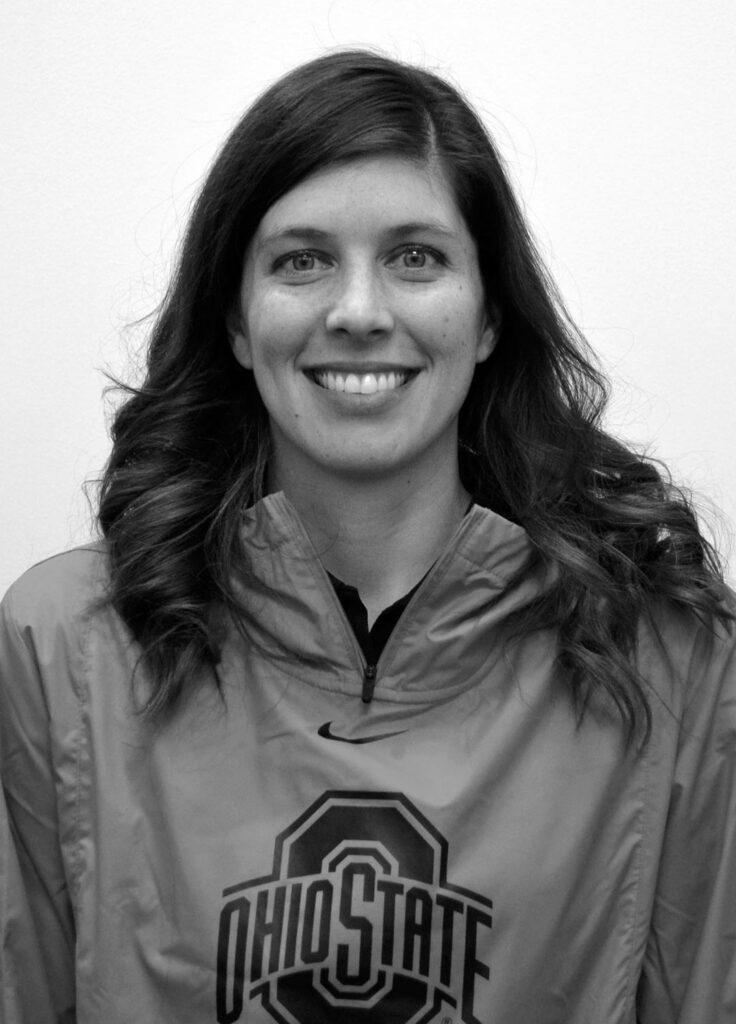
One of the first pieces to be shared was a video by Dr. Chelsi Day ’12, (Antioch New England, PsyD). She is
currently a sport psychologist with the Ohio State Buckeyes, and she reported that her work had been deeply disrupted by the pandemic. Her student-athletes had all been sent home, and she was working from home as well. “Things look dramatically different,” she said.
She reported, as did many participants, that she had switched almost entirely to doing tele-health with her clients. But those clients—student athletes—face particular, unusual stresses: the stress of not being able to perform their regular university function, the stress of having their upcoming season be so uncertain, and the stress of having their health and likely conditioning discussed by strangers on the internet. It’s all in a day’s work as a sport psychologist, though the pandemic has required extra flexibility.
As part of that sense of trying out new things, Day started a new practice of offering on Twitter that she would have a digital coffee date with anyone who replied. She said that that had been a great experience, leading to fascinating conversations with people in her field whom she admired but had never met. It also led to meeting graduate students from across the U.S. and also from Germany, Holland, and England. For Day, at least in this one way, the pandemic made her world a little bit bigger.
She now says that participating in the project was “a really positive experience. It felt nice to reconnect and made me feel more affiliated with Antioch than I had in some time.” She read and watched many of the other pieces and particularly felt close to those alums who “shared more personal stuff versus just facts about the work they are doing.”
The Adult Services Director
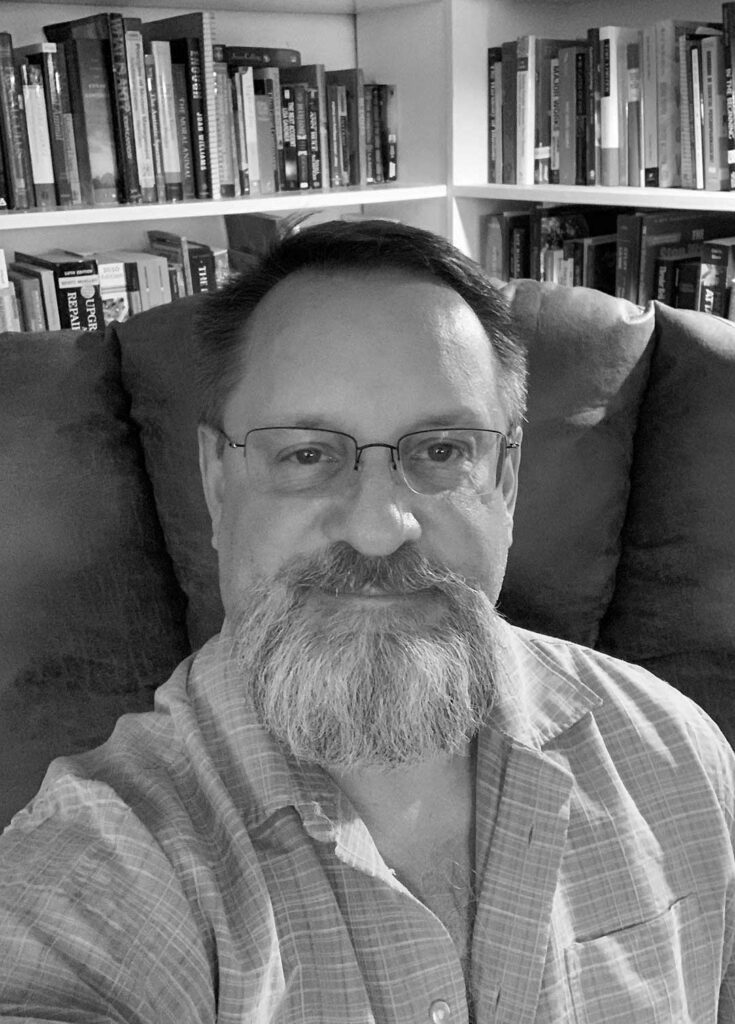
Dr. Thomas Hulslander ’16 (Antioch New England, PsyD) wrote out a report of his busy professional life during the pandemic as Director of Adult Services at Greater Nashua Mental Health, a large mental health center in Nashua, New Hampshire. In that role, he supervises almost eighty employees and oversaw an extremely rapid, two-week transition from in-person counseling to a virtual platform.
He writes proudly that while the IT department did a great job standing up the new system, “what is more impressive is that our staff was able to adapt to it just as quickly.” Through it all, the metrics that he uses to track the outcomes of his therapists’ work have held strong. He writes that “it has given our therapists a real sense of pride in being able to hold up the agency financially through such a strange time.”
The Rural Director of
Behavioral Health Services
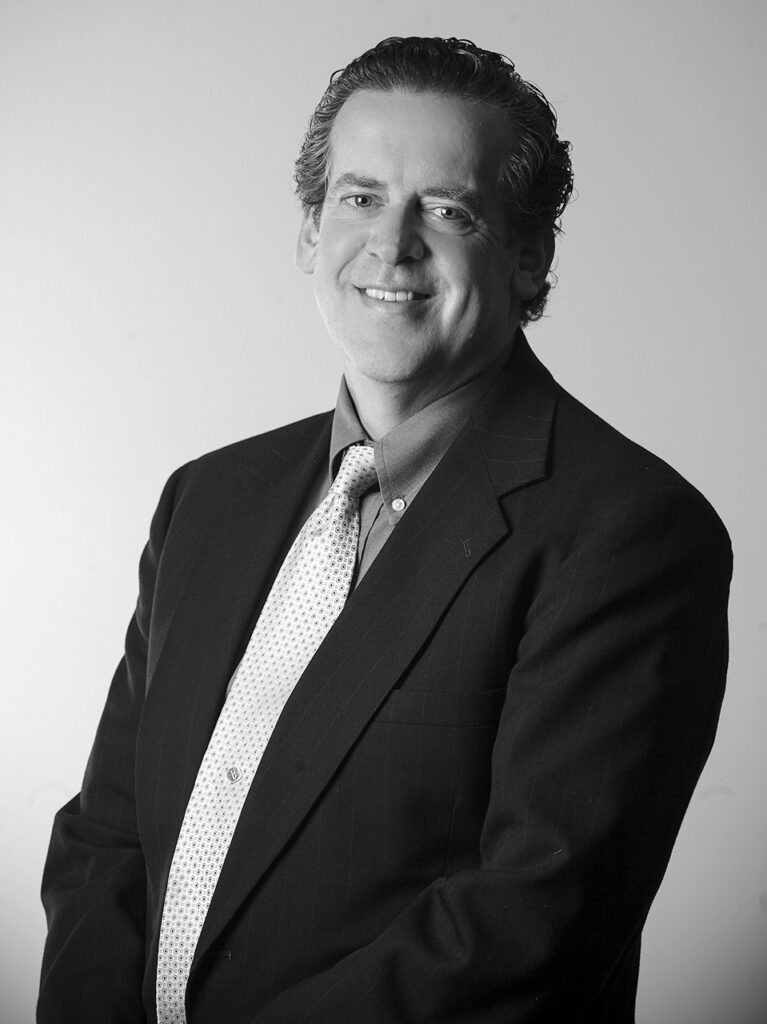
Dr. Steve Broer ’00 (Antioch New England, PsyD) wrote about his experience of the pandemic, which has given him something unexpected to deal with in his 17th year as Director of Behavioral Health Services at Northwestern Counseling & Support Services, the designated mental health agency for a two-county region in Vermont. But he says that “My Antioch experience certainly prepared me for this role and most recent challenges associated with COVID-19.”
Like Hulslander’s agency, Broer’s has had to rapidly mobilize changes for telehealth. But as director, he sees how the brunt of the responsibility falls on those mental health professionals who are being paid the least. “This situation also highlights the inequities we see in the healthcare and provider systems,” he says. And he gives as an example, “We see our staff working in residential settings taking the most risks and being paid the least.” His team successfully secured hazard pay for those staff and prioritized their receiving Personal Protective Equipment.
Broer attributes much of his success during the pandemic to the “protective factor” of being part of a team. And their successes are plenty, from shifting resources to do more outreach with homeless shelters to embedding a service dog with the Vermont State Police.
In the aftermath of publishing his piece, Broer received some emails of appreciation from people who read it. And he kept reading the Voices from the Pandemic series, which he says made him feel more connected to other alumni and their experiences.
The Multi-Role
Psychologist
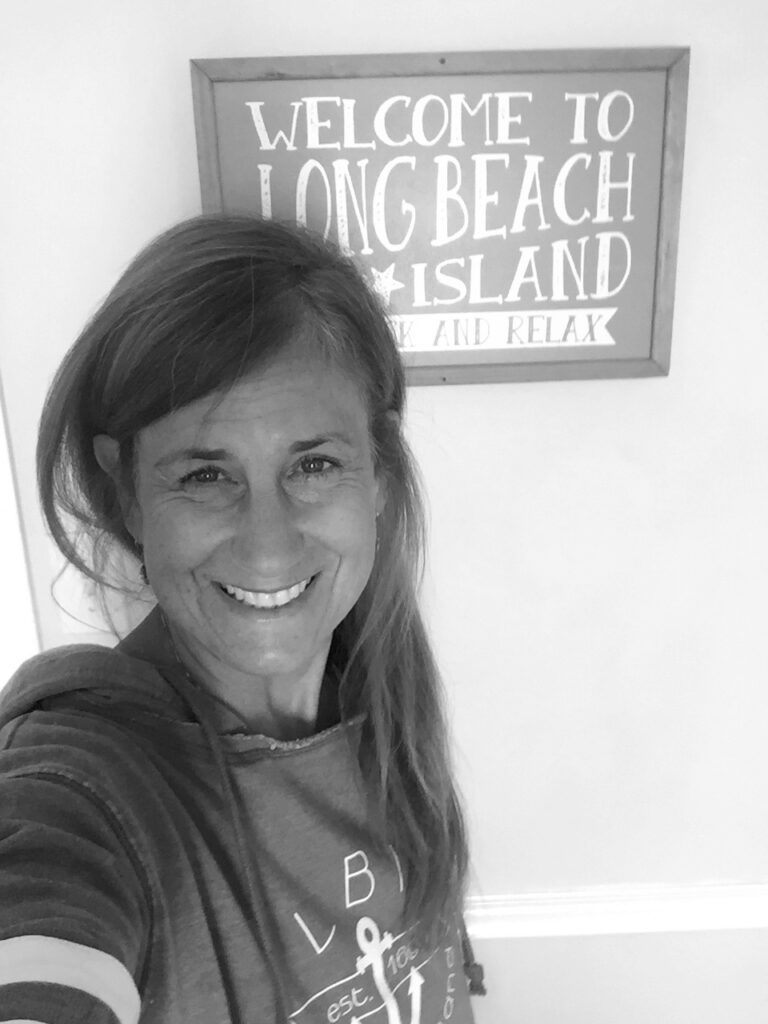
Dr. Carmela DeCandia ’99 (Antioch New England, PsyD) also made a video. She used her time to talk in great depth about the many twists and turns that her career had taken over the years—information that may be useful to people just starting out in the field. From getting her start as a direct care clinician to being an advocate at the national level, it’s through staying busy and nimble that she won Antioch’s 2016 Horace Mann Alumni Award, which is given to those who “win some victory for humanity.”
In her video, she explained that “the concept of being a psychologist who does multiple things in multiple roles has always been at the center of how I’ve used my training from Antioch.” Now she spends her time between clinical work, consulting, and teaching at Boston College. And this work has had to change shape during the pandemic.
She says that she made the video hoping that “sharing my journey provided insight into the varied ways we as psychologists can adjust during times of crisis.”
She described her biggest mission under the pandemic: “I hope to be able to continue to support kids and families not only through this health crisis but also through this time of a new movement towards racial justice.”
DeCandia says that participating in the Voices from the Pandemic series was rewarding in some unexpected ways. “I did not expect it, but it also provided me the chance to reflect and realize how much I actually had been doing. I realized more fully that things were not as bad as they sometimes felt. I was grateful for the process on many levels.”
Moving Forward
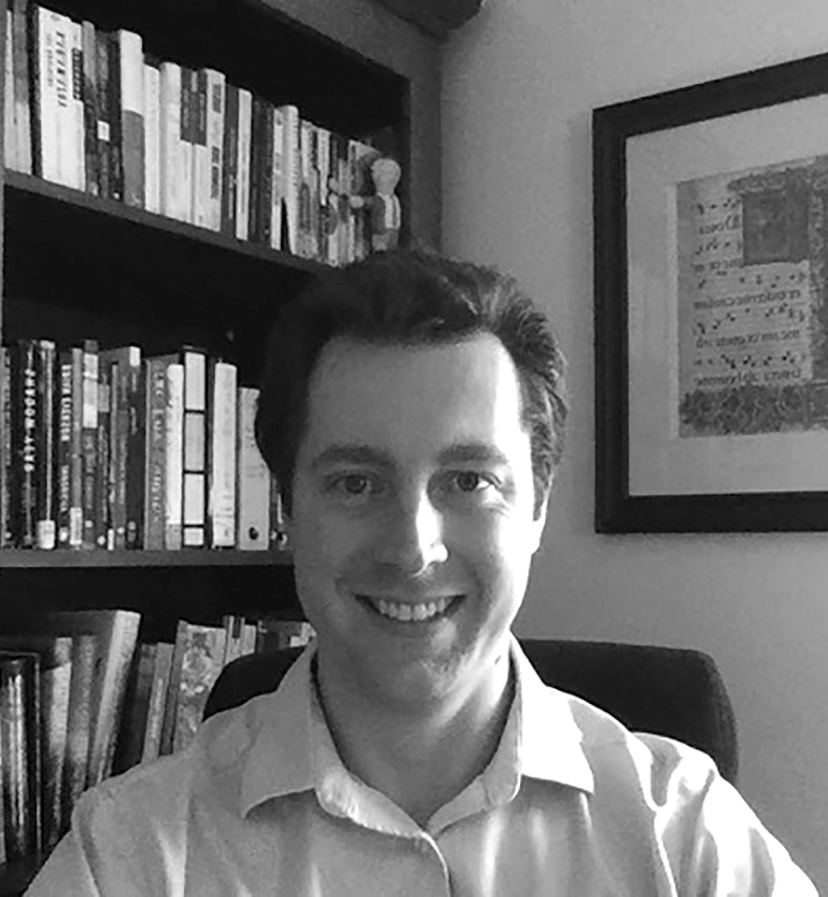
The series seems largely to have succeeded in achieving its goals. “The Voices from the Pandemic series has served as a wonderful opportunity not only to share creative and endearing ways that our alumni and alumnae have used to manage the personal and professional challenges of the pandemic. The series has also allowed us to reconnect with alums who have been serving Antioch’s and the PsyD Program’s mission for decades,” says Dr. Vincent Pignatiello ’07 (Antioch New England, PsyD), Chair of the Department of Clinical Psychology.
Mangione says that she has some plans for continuing the series. She and the other organizers plan to check “in again about the coronavirus pandemic but also asking how the racism pandemic is affecting graduates’ practice / lives / work / writing / workplace / etc.” She sees this not only as a way to build community but also as a chance to show current students how they might grapple with problems like these in their future careers, helping them “as they think about their future and what roles psychologists play, what activities they do, how far-reaching some of their careers can be.”
Judging by the seventeen responses in this series, the roles and activities they can fulfill are extensive—and vital.

